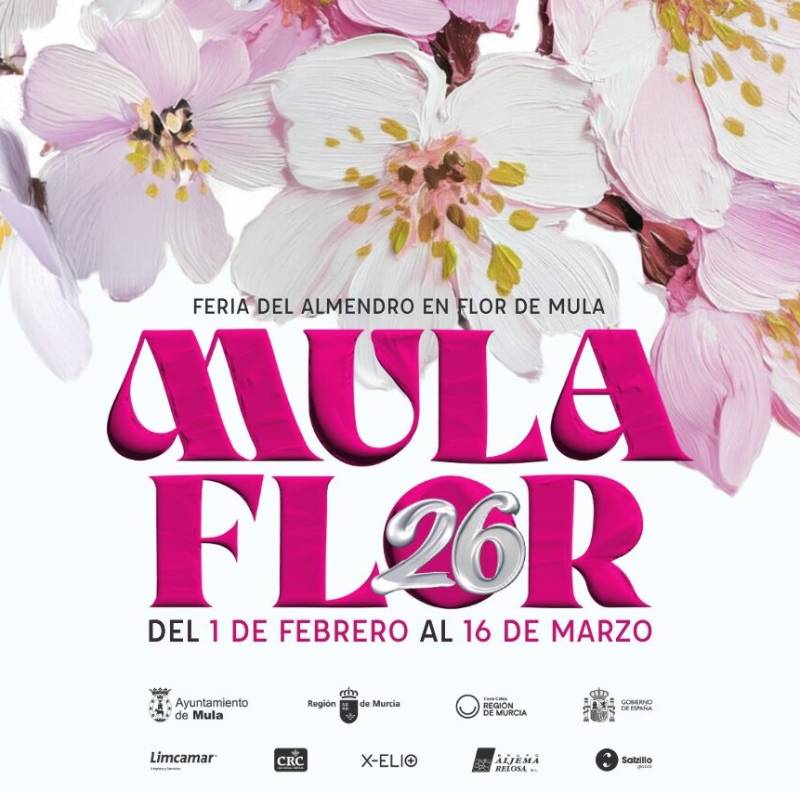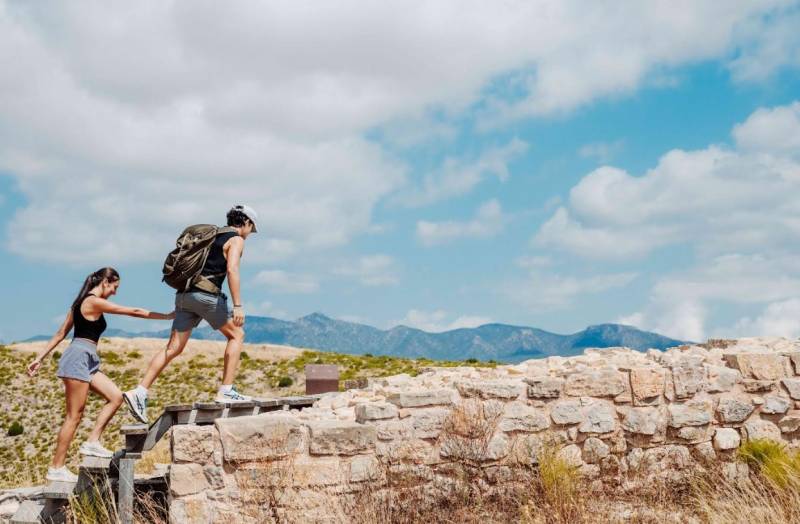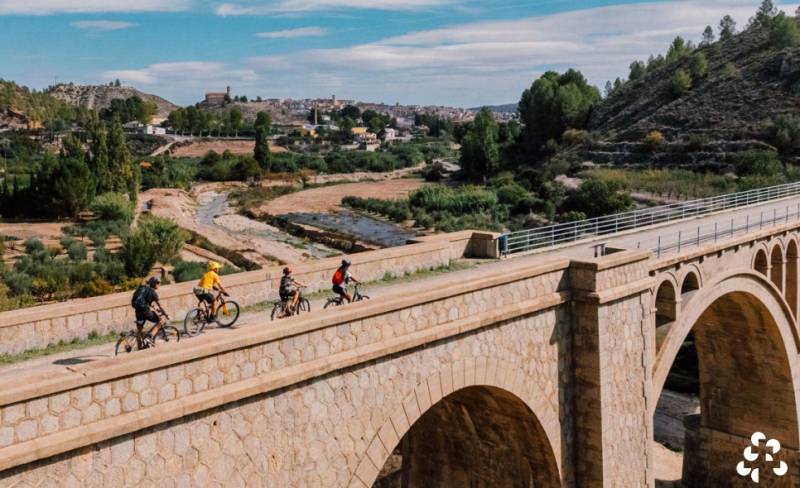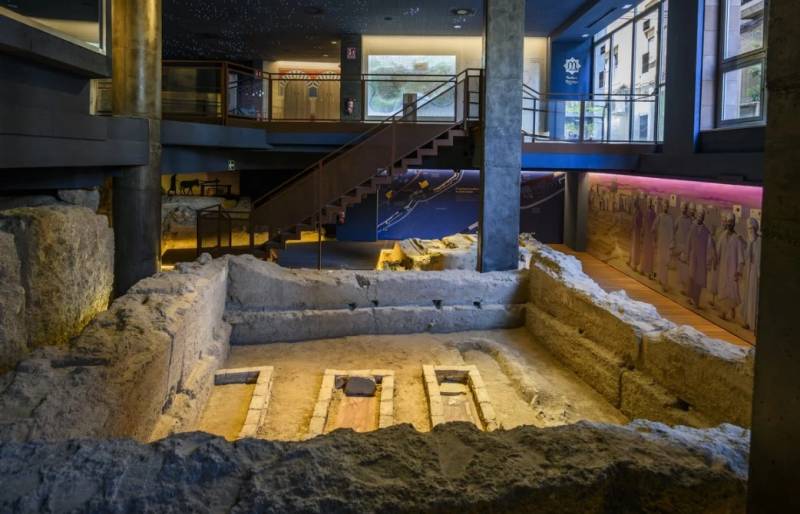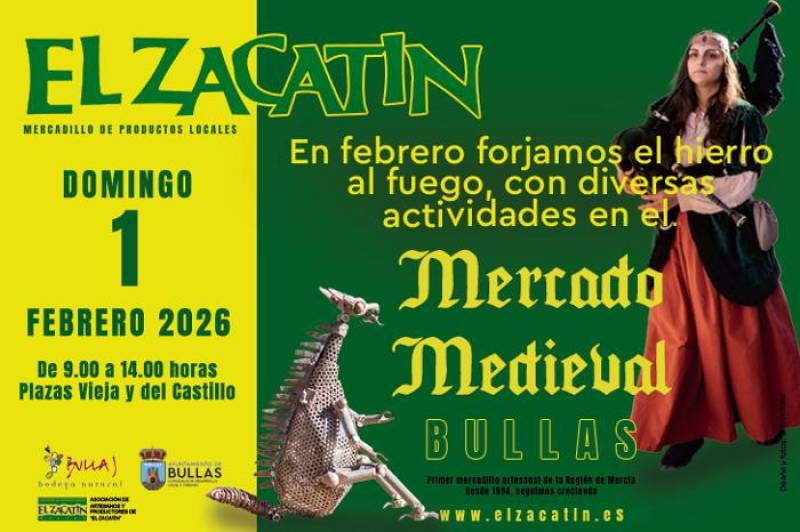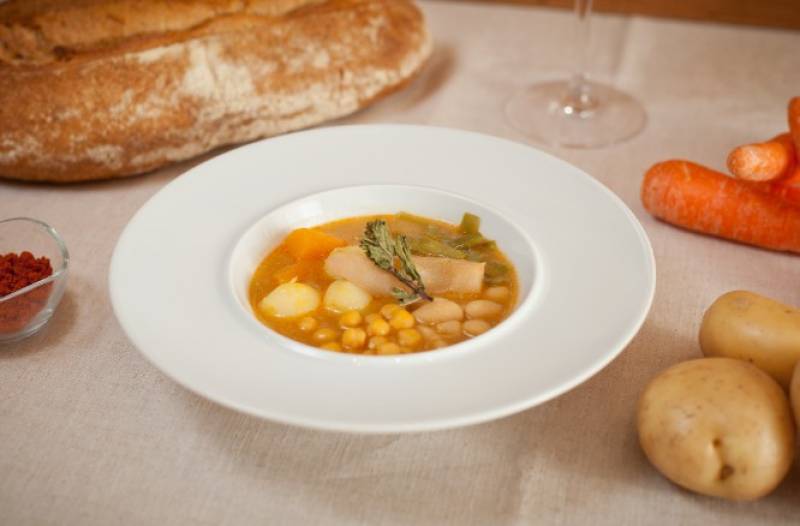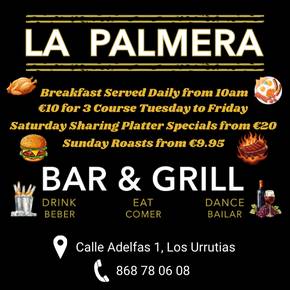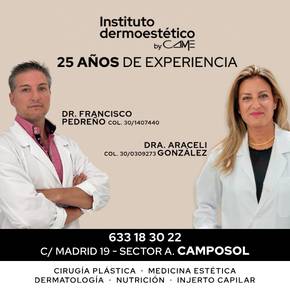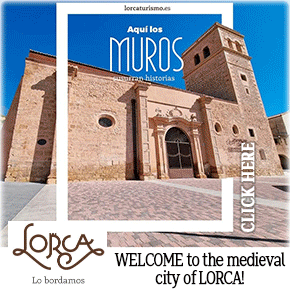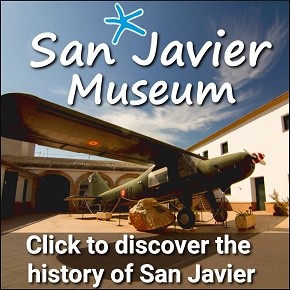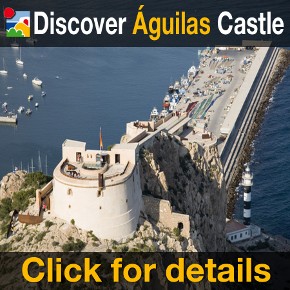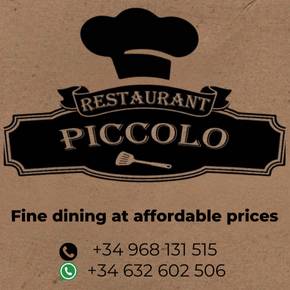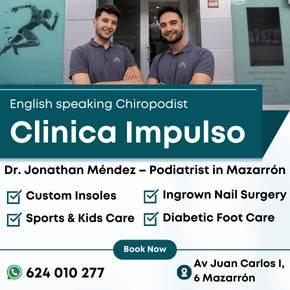
To be listed on the CAMPOSOL TODAY MAP please call +34 968 018 268.

Guidelines for submitting articles to La Manga Club Today
Hello, and thank you for choosing La Manga ClubToday.com to publicise your organisation’s info or event.
La Manga Club Today is a website set up by Murcia Today specifically for residents of the urbanisation in Southwest Murcia, providing news and information on what’s happening in the local area, which is the largest English-speaking expat area in the Region of Murcia.
When submitting text to be included on La Manga Club Today, please abide by the following guidelines so we can upload your article as swiftly as possible:
Send an email to editor@lamangaclubtoday.com or contact@murciatoday.com
Attach the information in a Word Document or Google Doc
Include all relevant points, including:
Who is the organisation running the event?
Where is it happening?
When?
How much does it cost?
Is it necessary to book beforehand, or can people just show up on the day?
…but try not to exceed 300 words
Also attach a photo to illustrate your article, no more than 100kb

The typical tortas fritas of Yecla
A simple and adaptable bread base which can accompany sweet and savoury food
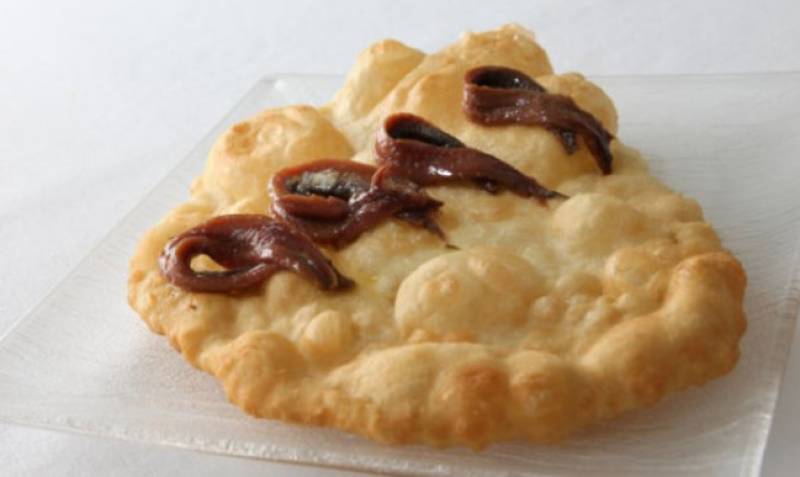 It is often said that the best cooking is simple cooking, and in Yecla in the north of the Region of Murcia local specialities don’t come much simpler than “tortas fritas”.
It is often said that the best cooking is simple cooking, and in Yecla in the north of the Region of Murcia local specialities don’t come much simpler than “tortas fritas”.
The “torta frita” can be found in many different guises throughout Spanish-speaking countries of Central and South America, but of course the Yeclanos are adamant that their version is not only the best but also the original. The dough for these breads is made with flour, water, yeast and a pinch of salt, which is thoroughly kneaded and then divided into balls before rolling.
The rolling process should give you fine, round, flexible bases, and these are then placed in abundant hot olive. A key trick, according to the tourist office website, is to pierce the centre of each torta with a small round hole, and this helps uniform cooking.
Fry on both sides, flipping the torta with a fork or spatula and the result is a soft, golden bread base “as round as the full moon” (again, according to the tourist office website!).
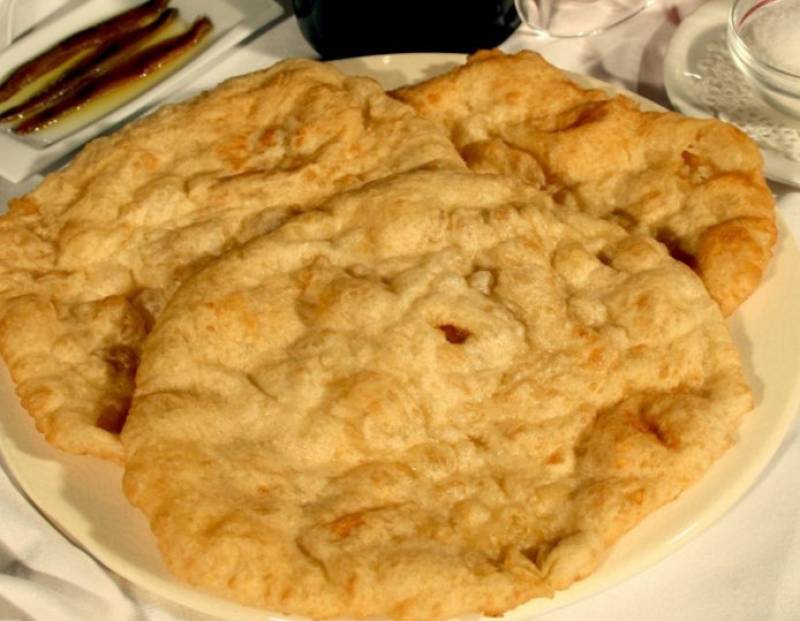 This is a very adaptable base for breakfast, lunch, snacks or dinner, as it can be served with sugar, honey, fresh cheese, tuna, anchovies, meat… almost anything that takes your fancy! Of course, it is best accompanied by a glass of the locally produced red wine.
This is a very adaptable base for breakfast, lunch, snacks or dinner, as it can be served with sugar, honey, fresh cheese, tuna, anchovies, meat… almost anything that takes your fancy! Of course, it is best accompanied by a glass of the locally produced red wine.
In short, the tortas fritas of Yecla are easy to make and adapt to whatever ingredients you have to hand – although for many people by far the best way to try them is in the company of friends in one of the many local bars!
If visiting Yecla don’t forget to make sure one of your first ports of call is the tourist office (Plaza Mayor, 1, email turismo@yecla.es, telephone 968 754104).
For more local events, news and visiting information go to the home page of Yecla Today.
Oficina de Turismo de Yecla
In early 2025, due to renovation work at the usual office, the service is located on the other side of the Plaza Mayor at Calle Epifanio Ibáñez nº 2 (click for map).
 Yecla is a large municipality in the north of the Region of Murcia, home to just under 35,000 people, and these days is best known for its wines, which enjoy Denomination of Origin status, and its furniture production, which has its origins in the abundance of pine trees on the mountainsides and the high plateaux.
Yecla is a large municipality in the north of the Region of Murcia, home to just under 35,000 people, and these days is best known for its wines, which enjoy Denomination of Origin status, and its furniture production, which has its origins in the abundance of pine trees on the mountainsides and the high plateaux.
 While visitors in the 21st century may be attracted primarily by wine tourism, the town (or city, as it was proclaimed in 1878) also has a wide historical, cultural and natural heritage, and an identity quite different from the coastal areas of the Region of Murcia. For this reason it is often grouped together with its neighbour and fellow wine-producing area Jumilla as part of the Altiplano area.
While visitors in the 21st century may be attracted primarily by wine tourism, the town (or city, as it was proclaimed in 1878) also has a wide historical, cultural and natural heritage, and an identity quite different from the coastal areas of the Region of Murcia. For this reason it is often grouped together with its neighbour and fellow wine-producing area Jumilla as part of the Altiplano area.
Yecla borders with Castilla-La Mancha and the Region of Valencia and is closer to Alicante coastal areas than much of Murcia. These visitors come to see the historic old town itself - an atmospheric and interesting place, crammed full of history - the natural beauty of Monte Arabí, with stunning views for those who enjoy the outdoors, the gastonomy and of course the wine route.
 Yecla boasts cave paintings from 10,000 years ago in Monte Arabí, a Bronze Age settlement at El Arabilejo, Iberian remains in El Pulpillo and a Roman administrative centre at Los Torrejones as well as the remnants of the 11th century Moorish castle on the hill behind the town. More modern (and complete) testimony to the past are the buildings in the town centre, which include the grandiose Basílica de la Purísima, with its striking blue dome, the archaeological museum and the attractive Plaza Mayor, where the 16th century Town Hall stands alongside the Renaissance Casa de los Alarcos, the clock tower and the old grain store.
Yecla boasts cave paintings from 10,000 years ago in Monte Arabí, a Bronze Age settlement at El Arabilejo, Iberian remains in El Pulpillo and a Roman administrative centre at Los Torrejones as well as the remnants of the 11th century Moorish castle on the hill behind the town. More modern (and complete) testimony to the past are the buildings in the town centre, which include the grandiose Basílica de la Purísima, with its striking blue dome, the archaeological museum and the attractive Plaza Mayor, where the 16th century Town Hall stands alongside the Renaissance Casa de los Alarcos, the clock tower and the old grain store.
 The tourist office holds a full selection of leaflets, maps, pre-planned routes, accommodation and restaurant options and information about visiting Yecla for both individuals and groups.
The tourist office holds a full selection of leaflets, maps, pre-planned routes, accommodation and restaurant options and information about visiting Yecla for both individuals and groups.
There is parking close to the tourist office, although those driving to Yecla for the first time are advised to park in Calle Perales.
For further information go to the home page of Yecla Today.
Opening hours:
Tuesday to Friday 8.00 to 15.00
Saturdays 10.30 to 14.00 and 17.00 to 19.30.
Public holidays 10.30 to 14.00
Click for map, Yecla tourist office









